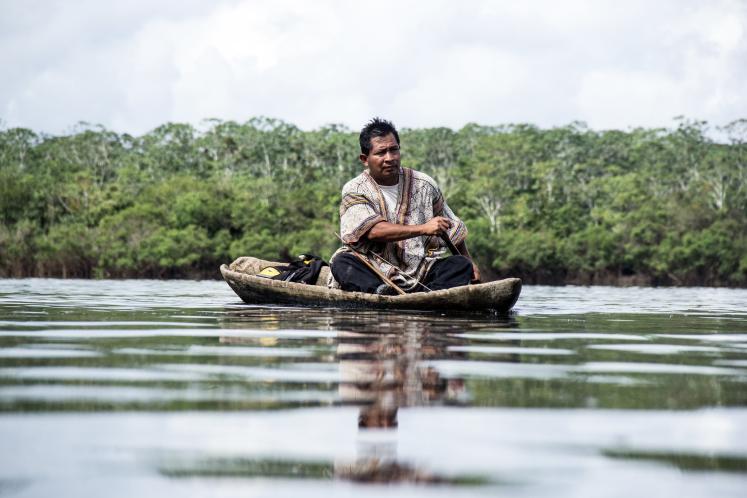A new article in the journal Nature argues that the global environmental crisis is perpetuated by undervaluation of nature. People across the world value nature in diverse ways, including its contributions to addressing climate change and nourishing culture. Yet policies reflect the dominance of a narrow set of market-based values such as economic benefits, which is ill-equipped to address the interlinked biodiversity and climate emergencies.
The article is authored by a large international team including Suneetha Subramanian (Research Fellow, UNU-IAS). It proposes four “values-centred approaches” that can foster the necessary conditions for transformative change to achieve more just and sustainable futures:
- Recognising the diversity of values with regards to nature.
- Embedding these diverse values in decision-making.
- Reforming policies and stimulating institutional change.
- Shifting society-level norms and goals to support sustainability-aligned values across sectors.
The article builds on the Values Assessment published in July 2022 by the Intergovernmental Science–Policy Platform on Biodiversity and Ecosystem Services (IPBES), which drew upon over 50,0000 scientific publications, policy documents, and indigenous and local knowledge sources.
Dr. Subramanian, a co-author of the article and Co-ordinating Lead Author of the Values Assessment’s sixth chapter, notes that:
Plural approaches that ensure inclusion of diverse values of nature held by different actors would increase the sense of agency and responsibility of each actor. This would ensure more effective implementation of social and ecological policies in a coherent manner and further realise the notion of ‘”whole of society” approach. Learning from the experience of UNU-IAS, partners of the International Partnership for the Satoyama Initiative have shown the immense benefits of recognising and leveraging the rich bio-cultural diversity that exists in different landscapes and seascapes through inclusive and participatory governance processes.
Highlights
- The authors call for rebalancing the values that underpin social structures by promoting values like unity, care, solidarity, responsibility, reciprocity and justice, both towards other people and towards nature.
- Shifting decision-making towards the multiple values of nature is an important part of the system-wide transformative change needed to address the current global biodiversity crisis and climate emergency, which have intimate relationships to other socio-environmental ills, including increased contamination, emergent pandemics, and environmental injustices.
- Aligned with the Kunming–Montreal Global Biodiversity Framework, the study advocates for inclusive approaches, recognising indigenous and local perspectives for better outcomes for both people and nature.
The article was published in Nature on 9 August 2023, and is available in UNU Collections.



